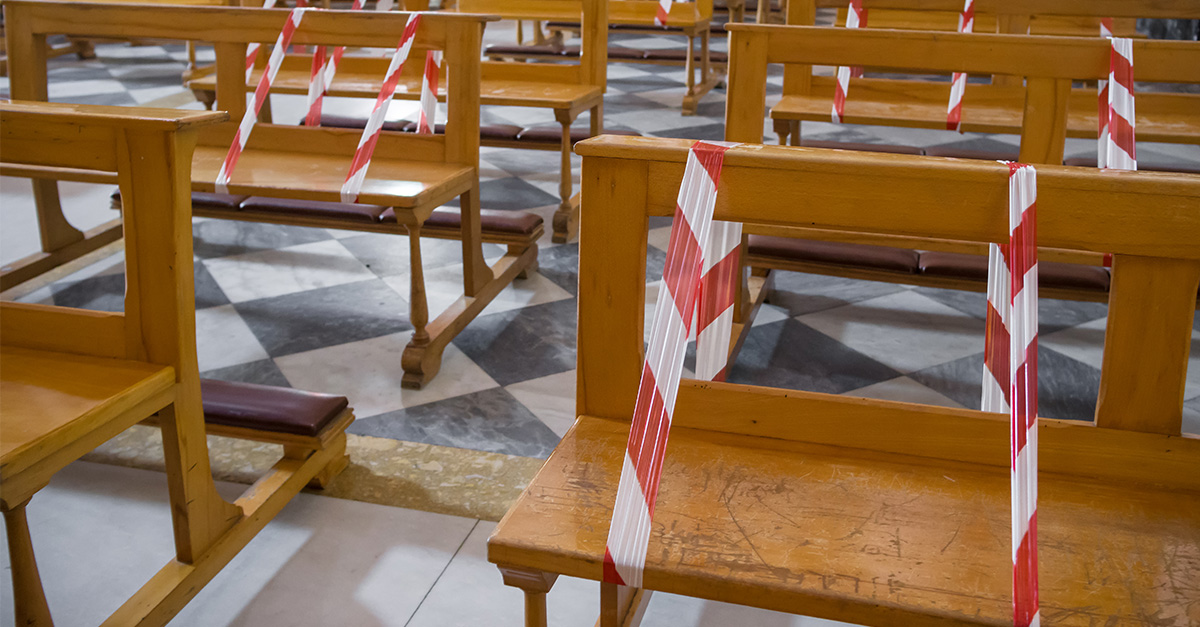


Get a free copy of Parental Rights & Education when you subscribe to our newsletter!

“The only way to change the belief system of those contemplating abortion or medically assisted suicide is through a Gospel presentation….We must rest in the truth that the Gospel is sufficient for salvation and the heart change that comes with it — a turn from darkness to light, from loving evil to hating it, from reveling in death to despising it.”
–REAGAN ESCUDÉ SCOTT
Abortion has been legal in the U.S. for over 60 years now. The U.S. Supreme Court may have overturned Roe v. Wade, the case which federally legalized abortion, in June 2022, but not one state has yet to completely outlaw it.
While pro-life activists are pushing to see justice for preborn babies, legislators have largely developed an affinity for state-instituted murder. Not only are they voting in favor of the legalized murder of preborn babies, they are beginning to support the legalized murder of the post-born via assisted suicide and euthanasia.
It’s really not hyperbole to say that ours has become a society that loves death.
There has been a lot written about the impact of Canada’s Medical Assistance in Dying (MAID) program, which has turned euthanasia into the sixth-leading cause of death for our neighbor to the north. But there’s also a quiet genocide underway right here on American soil. Ten states, including California, Colorado, Hawaii, Maine, Montana, New Jersey, and Vermont, as well as Washington, D.C., have legalized medical-assisted suicide, and you probably didn’t even know that because the mainstream media doesn’t generally report on it.
The practice was first made legal in Oregon in 1994; most recently, Maine and New Mexico have also made it legal for medical professionals to help people kill themselves. But New Mexico legislators took it one step further when it passed its End of Life Options Act by also requiring doctors to inform patients of their options for assisted suicide and refer them to a medical provider who would prescribe suicide drugs if they were not willing to do it themselves. Pro-life doctors objected, and a lawsuit filed on their behalf by Alliance Defending Freedom forced New Mexico to backtrack. The governor has since signed a law that allows doctors to refuse to participate for religious reasons or conscience.
Still, the slippery start is well on its way. At this rate, it won’t be long before we follow in the footsteps of the Netherlands, which doesn’t just allow medical professionals move up the death date of terminal and elderly patients but is actively euthanizing autistic and mentally handicapped people and terminally ill children under the age of 12.
It’s important to recognize that the belief system which accepts and pushes abortion is the same belief system that supports euthanasia, which is why secular arguments to combat these systems don’t work. For example, pro-lifers often make use of secular arguments to persuade pro-abortionists that abortion is wrong by arguing:
“Science says life begins at conception.”
“Science says a heartbeat is detectable at 6 weeks gestation.”
“Science says the baby has a unique set of DNA that is separate from the mother.”
While all of these things are true, they don’t change a person’s belief system. In fact, while pro-abortionists once denied all of these statements, they now openly acknowledge that what they once insisted is just a “clump of cells” is a baby after all — and they will kill that child anyway.
Proponents of such atrocities are unmoved by secular arguments, and the same applies to medical suicide assistance. The United States Conference of Catholic Bishops boasts an entire webpage called “Top Reasons to Oppose Assisted Suicide.”
Arguments listed include risk of elder abuse, broad definitions of “terminal illness,” and that it undermines efforts to maintain and improve care for end-of-life patients. One section conveys the argument that because pain is not the primary reason people seek suicide drugs, we should object to their use (as though pain would be a justifiable reason for suicide). It goes on to cite studies that show that 90 percent of patients seeking lethal drugs do so because they are “less able to engage in activities making life enjoyable” and 49 percent because they feel like a “burden” to family and friends.
Americans United for Life, a pro-life organization that opposes assisted suicide, cites similar reasons: it ends a human life, it tells the elderly and disabled that their lives are not worth living, and it degrades the medical profession.
Why would these arguments change the mind of a person who believes human life is disposable and individuals have complete autonomy over their bodies, even in death? Why would these statistics and numbers make a difference to someone who believes that death is an end-all solution to a person struggling with pain or mental health issues.
For those of us who have the answer and genuinely desire to see both abortion and assisted suicide outlawed and criminalized, we don’t need statistics or scientific dogma, although, these facts and numbers are effectively proven by the foundation of our belief system. It’s not scientific persuasion that changes a belief system, but eternal truths.
For the same reasons we oppose abortion, we oppose medically assisted suicide.
The only way to change the belief system of those contemplating abortion or medically assisted suicide is through a Gospel presentation because it is the only thing that reveals their depravity before a righteous, wrathful, and just God. Secular solutions to eternal problems never work — and they never will.
For the unbeliever, lies fuel their worldview:
“Most people don’t choose assisted suicide because they’re in pain, but any other reason is valid.”
“Most women don’t have an abortion unless it’s a medical emergency, but any reason is valid.”
Appealing to science can’t change that ideology. We must rest in the truth that the Gospel is sufficient for salvation and the heart change that comes with it — a turn from darkness to light, from loving evil to hating it, from reveling in death to despising it.
Follow Reagan on Twitter! @thereaganscott
Ready to dive deeper into the intersection of faith and policy? Head over to our Theology of Politics series page where we’ve published several long-form pieces that will help Christians navigate where their faith should direct them on political issues.
